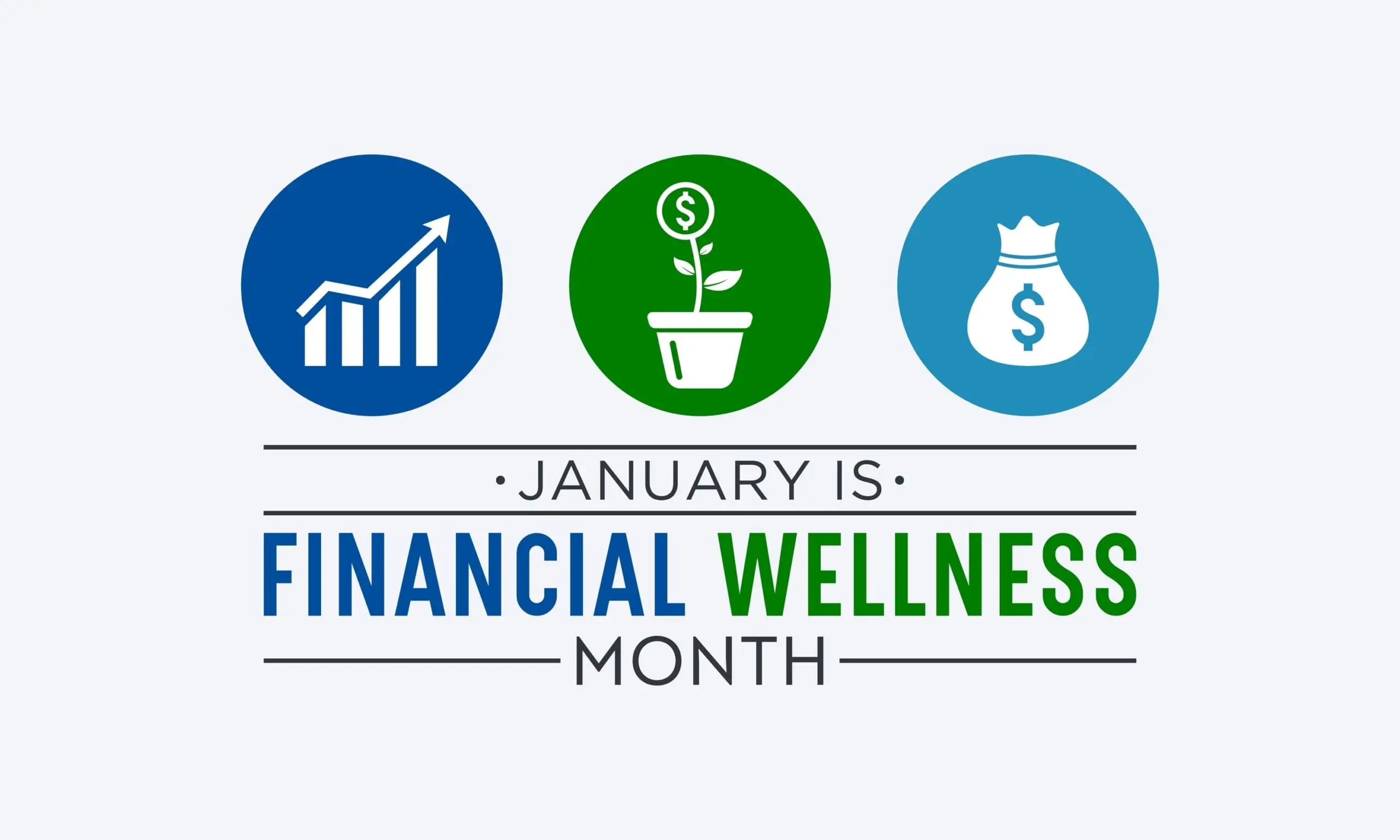Six Tips To Conquer Your Finances Any Time Of The Year: Achieve Financial Mastery Now. Find Out More In Our Latest Article!
THIS ARTICLE MAY CONTAIN AFFILIATE LINKS, MEANING I GET A COMMISSION IF YOU DECIDE TO MAKE A PURCHASE THROUGH MY LINKS AT NO COST TO YOU. PLEASE READ MY AFFILIATE DISCLOSURE FOR MORE INFO.
DON’T HAVE TIME TO READ THE FULL ARTICLE. HERE’S WHAT YOU ARE MISSING.
Each new year brings a fresh opportunity to tackle financial goals, a priority for many. Personal finance has topped recent New Year’s resolutions, highlighting the desire for more stability and control over money matters.
Setting clear financial goals, such as building savings or paying off debt, can help individuals make meaningful progress toward financial health.
The good news is now you don’t have to wait until the new year to get started. According to recent surveys, building a savings account is a leading financial resolution, closely followed by reducing credit card debt.
Taking decisive action and focusing on these areas can pave the way for a more secure financial future.
Establishing a plan not only alleviates stress but also paves the way for long-term success. Advisors suggest careful money management as key to achieving these resolutions effectively.
Evaluating current finances can help set realistic goals and create a structured plan. Incorporating expert advice can lead to impactful changes, enabling a more confident approach to financial stability.
Establishing a Budget

You don’t have to wait until the new year to start conquering your debt. Today! Start off on the right foot by creating a budget is key to managing finances effectively. By tracking spending and setting financial goals, individuals can gain control over their money. Focusing on specifics, such as daily expenses and long-term targets, can provide a clear path to financial stability.
Tracking Your Spending

Tracking spending helps people understand where their money goes. This process starts by listing all expenses, fixed and variable. For instance, fixed expenses like rent or mortgage are usually the same each month, while variable costs, such as groceries, can change.
Using financial apps or spreadsheets can make this easier. Many apps can automatically track spending by linking to bank accounts. This can help spot unnecessary expenses and identify areas to cut back. Maintaining awareness allows for informed decisions regarding savings and investments.
Making it a habit to review expenses weekly or monthly is crucial. This regular check-in helps in adjusting personal spending habits and sticking to the budget. Consistent tracking can lead to better financial health and less stress over money issues.
Setting Financial Goals

Setting financial goals gives a budget purpose and structure. These goals might include saving for a vacation, paying off debt, or building an emergency fund. Goals should be clear and measurable for better results.
Breaking down large goals into smaller, achievable steps can make them less daunting. For instance, setting aside a specific amount each month for savings can gradually lead to significant progress. This approach encourages a steady commitment to reaching financial targets.
Regularly reviewing and adjusting goals based on financial changes is important. As income or expenses change, goals should be reevaluated to ensure they remain realistic and attainable. This adaptability helps maintain motivation and focus on long-term financial success.
Optimizing Your Savings

Finding the best ways to optimize your savings can set you on a secure financial path. This involves selecting the right type of savings account and making your savings process more efficient through automation.
Choosing the Right Savings Account

A savings account is essential to effectively manage and grow your funds. Look for accounts that offer competitive interest rates, which can help your money grow over time. Some accounts might also offer bonuses for opening them or maintaining a certain balance. It’s important to consider factors like fees, minimum balance requirements, and account accessibility. Online savings accounts can often offer higher rates compared to traditional banks.
Comparing the benefits of different accounts can ensure that you find one that aligns with your financial goals. For instance, a high-yield savings account might be a good choice for those seeking higher returns. Always check if there are any withdrawal limits or restrictions, as these can impact how you access your funds.
Automating Your Savings

Automating your savings can simplify managing your finances while ensuring consistent contributions. Set up automatic transfers from your checking account to your savings account. This makes saving an easy habit, as it requires less effort and reduces the temptation to spend. Choose a specific day each month to automate this transfer, aligning it with your pay schedule can help.
Some banks offer features that round up purchases and deposit the difference into savings. This micro-saving technique adds up over time without being noticeable day-to-day. Regularly review your automated settings to ensure they match your financial situation and goals. Automation makes it more likely to meet savings targets while minimizing the potential for human error.
Disclaimer: Millennial Credit Advisers is not a licensed credit service provider or financial advisor. We do not offer credit repair, debt management, or legal services. Educate yourself on saving, reducing debt, and managing credit for economic improvement. Understand credit reports, scores, and financial products. Consult a financial advisor for personalized guidance. Track your progress for an improved credit journey.
Written content – “Please view our complete AI Use Disclosure.”
We enhance our products and advertising by using Microsoft Clarity to understand how you interact with our website. Using our site, you agree that we and Microsoft can collect and utilize this data. Our privacy policy provides further details.
















